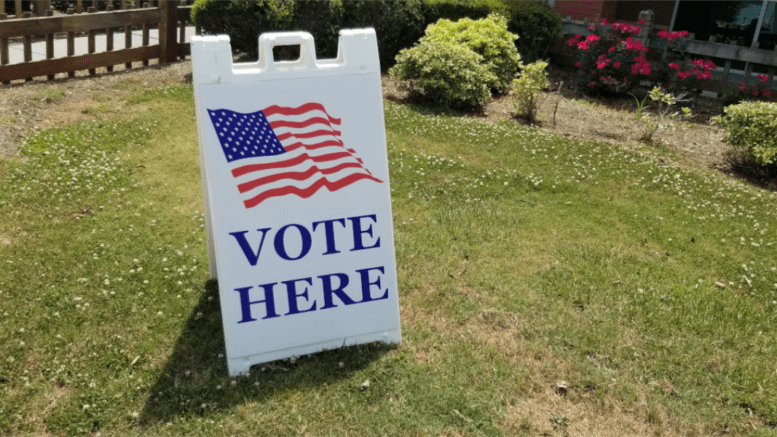By John A. Tures, Professor of Political Science, LaGrange College
Terrorism didn’t begin with 9/11. But that terrible event did show how al-Qaeda could affect a country’s psyche, and eventually our elections. Though we still commemorate September 11, the death of Osama bin-Laden and decline of al-Qaeda has led pundits and scholars to focus on electoral issues other than terrorism. But recent evidence I uncovered shows that terrorists may have affected the 2016 election, and could repeat that tactic in next year’s ballot box contest.
This semester, I am teaching a class on terrorism. My students are reading my research on how al-Qaeda impacted two 2004 elections: one in Spain and one in the United States. The analysis, published in Homeland Security Affairs by the Naval Postgraduate School, changed some thoughts about how terrorism affects elections.
Just as most Americans know about 9/11, most Spaniards know about 3/11 (one of my students is from Spain, a basketball player on our college’s women’s team). On that day, an al-Qaeda affiliate directed their killers to target several commuter trains. Hundreds died in the bomb blast. The memory that will stick with me forever was the account of one of the first investigators on the scene, who recounted that all was quiet on the destroyed train car, except the constant ringing of cell-phones, calls from loved ones hoping against hope that their parent or child wasn’t a victim, calls that would never be answered.
The Spanish government, led by the Popular Party, was a strong supporter of the Bush Administration, and had troops in Iraq. So instead of blaming the true attackers, the leaders tried to claim that the Basque group ETA was responsible, knowing that the Basque people were likely to support the PP’s opponents, the socialists. They hoped to gain electoral advantage by blaming the Basques. Popular support was initially strongly behind the Aznar government, until the lies came out. PP lost to the socialists because they misled the public, not because of the attacks. And when the Spanish Socialist Party pulled their country’s troops out of Iraq, and the media declared al-Qaeda the winner of Spain’s elections, though it wasn’t exactly the case.
Just before the 2004 election, a video of Osama bin-Laden surfaced in the media. The first poll after the news played that message showed President George W. Bush with a shocking six-point lead. After Bush won, the media declared that the Bin-Laden tape was the difference in the election. But my research showed that the one poll with the big Bush outlier with an “out of the margin of victory” six-point lead was conducted over a three-day period. Two of those days were before the tape was released, and the tape was released late the same day as the poll’s ending. In other words, the overwhelming majority of respondents never even knew about the Bin-Laden video. In fact, the polls after the video showed a tiny swing toward Massachusetts Senator John Kerry, Bush’s challenger. But the President won the election, and built the six-point lead with a superior debate performance, not the video. Again, the media was wrong.
So terrorists do affect elections, but not the way we think.
Since the 2004 election, most media pundits, and many scholars, have focused on other issues in the election, and with good reason. The 2008 contest was about the Great Recession. Obama was able to capitalize on the raid that killed Bin-Laden in the 2012 election. And the 2020 ballot box was dominated by COVID-19, and what happened to the economy.
But what about the 2016 election? In my next column, part 2, I will cover how Hillary Clinton was not only the frontrunner in the Summer 2016 election, but led strongly on the terrorism issue. By November, she had completely lost the issue, which helped hand the election to Donald Trump. Given how 2024 and 2016 could share a lot of similarities, it should be worth analyzing.
John A. Tures is a professor of political science at LaGrange College in LaGrange, Georgia. His views are his own. He can be reached at jtures@lagrange.edu. His Twitter account is JohnTures2.
